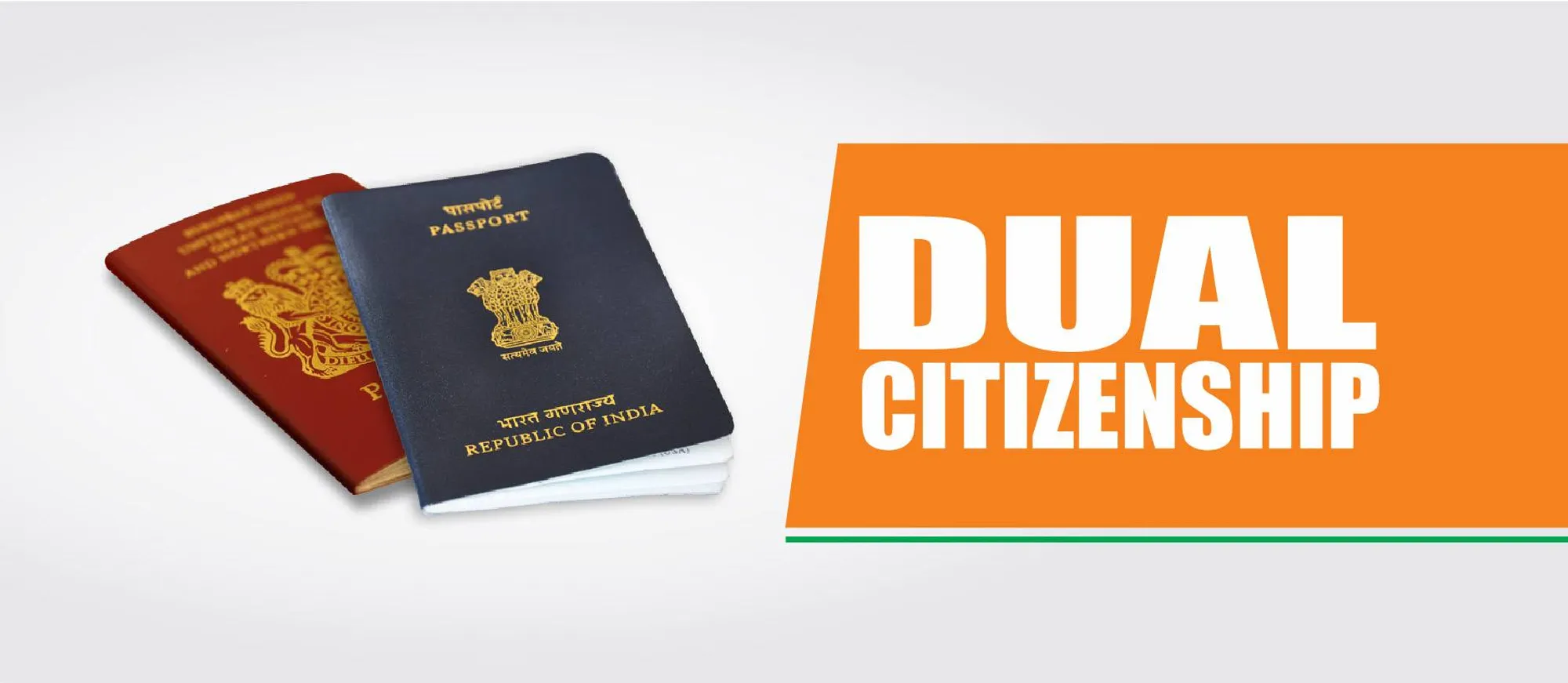Dual citizenship, as the name itself hints, is an arrangement as per which a citizen has two citizenships. One is of his country and another of the nation to which he/she belongs to, or of two different countries concurrently.
For instance, in the United States, if a person belongs to the State of Florida, he/she is also a citizen of the State of Florida along with being the national of the United States of America.
Whereas in India, there is no dual citizenship in this regard. For instance, if someone belongs to Punjab or Haryana or Delhi he/she is only an Indian citizen irrespective of where he is domiciled.
Lately, India has conferred what could well be termed Dual Citizenship to Persons of Indian Origin for those who have obtained the nationality of any of the 16 particular countries by identifying them as the nationals of India, regardless of their citizenship of a foreign nation.
Those Indian citizens who choose to acquire citizenship at a later date of any of these countries are also incorporated. The Union Government in September 2004, in this regard, altered the name of the Ministry of Non-resident Indians Affairs (Anivasi Bhartiya Karya Mantralaya) to the Ministry of Overseas Indian Affairs (Pravasi Bhartiya Karya Mantralaya).
Regardless of all this, it is important to comprehend that Indian Constitution DOES NOT grant dual citizenship, i.e., having Indian citizenship and citizenship of a foreign country at the same time.
The Government of India gives Overseas Citizenship of India (OCI), usually mistaken as ‘dual citizenship.’ Person of Indian Origin (PIO) of some sections who left India and obtained foreign nations citizenship, other than Pakistan and Bangladesh, are fit to be granted an OCI only if their native countries recognize Dual Citizenship in some form or the other.
However if given an OCI card, it does make one a regular citizen of India. Following are the limitations:-
- An OCI does not obtain an Indian passport. There is no such thing as an OCI visa.
- No voting rights for OCI.
- An OCI cannot contest elections.
- An OCI is not allowed to hold constitutional posts such as President, Vice-President, Judges of Supreme Court/High Court, etc.
- OCI cannot regularly work in the Government of India.
- An OCI Cannot acquire agricultural or plantation properties in India.
Therefore, Overseas Citizenship of India is not similar to the citizenship of India and therefore does not amount to dual citizenship/dual nationality. An OCI card holder cannot use Indian IDs. Moreover, the OCI card is not a substitute for an Indian visa and therefore, the passport which displays the lifetime permit must be carried by OCI card holders while traveling to India. OCI Cards are now being allotted without the lifelong “U” Visa Sticker (which is usually viewed on the applicant’s passport). The proof of lifetime visa will be just the OCI Card which will have “Life Time Visa” printed on it. The OCI Card stands verified with any Valid Passport. However, countries may consider the OCI as dual citizenship: for example, the UK government acknowledges that, for purposes of the British Nationality Act of 1981, an OCI is recognized to be the dual citizenship of another State. As of 9 January 2015, the PIO card scheme has been discontinued and applicants are to apply for OCI only. All currently held PIO cards are treated as OCI cards. PIO card holders will get a special stamp in their existing PIO card, saying “lifelong validity” thus making them equal to existing OCI cards.
The proof of lifetime visa will be just the OCI Card which will have “Life Time Visa” printed on it. The OCI Card stands verified with any Valid Passport. However, countries may consider the OCI as dual citizenship: for example, the UK government acknowledges that, for purposes of the British Nationality Act of 1981, an OCI is recognized to be the dual citizenship of another State. As of 9 January 2015, the PIO card scheme has been discontinued and applicants are to apply for OCI only. All currently held PIO cards are treated as OCI cards. PIO card holders will get a special stamp in their existing PIO card, saying “lifelong validity” thus making them equal to existing OCI cards.

